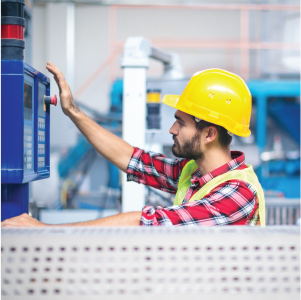SUSTAINABILITY

VINYL SIDING SUSTAINABILTY EFFORTS
Vinyl siding has a number of sustainability attributes, including durability, low maintenance, and energy efficiency. It can withstand the hottest summers and sub-zero winters and resists fading. Vinyl siding does not absorb water it does not rot or decay, making it a durable, long lasting and easy to maintain. Insulated vinyl siding acts like a blanket and protects against heat loss, making a home more energy efficient. When compared to other cladding materials, vinyl siding has excellent environmental performance throughout its lifecycle based on the Building for the Environmental and Economic Sustainability (BEES) lifecycle analysis tool, developed by the National Institute for Standards and Technology (NIST).
Members of the Vinyl Siding Institute have taken a leading role in quantifying the environmental impacts of their products.
Vinyl Siding Sustainability resources
Vinyl Siding Sustainability resources include Vinyl Siding Life Cycle Assessment (LCA), Vinyl Siding Environmental Product Declaration (EPD), Insulated Vinyl Siding Environmental Product Declaration (EPD), Today’s Vinyl Siding: Verifiably Green (paper), and Siding with the Environment (article). Visit the Vinyl Siding Institute for more information about their members’ sustainability efforts.

